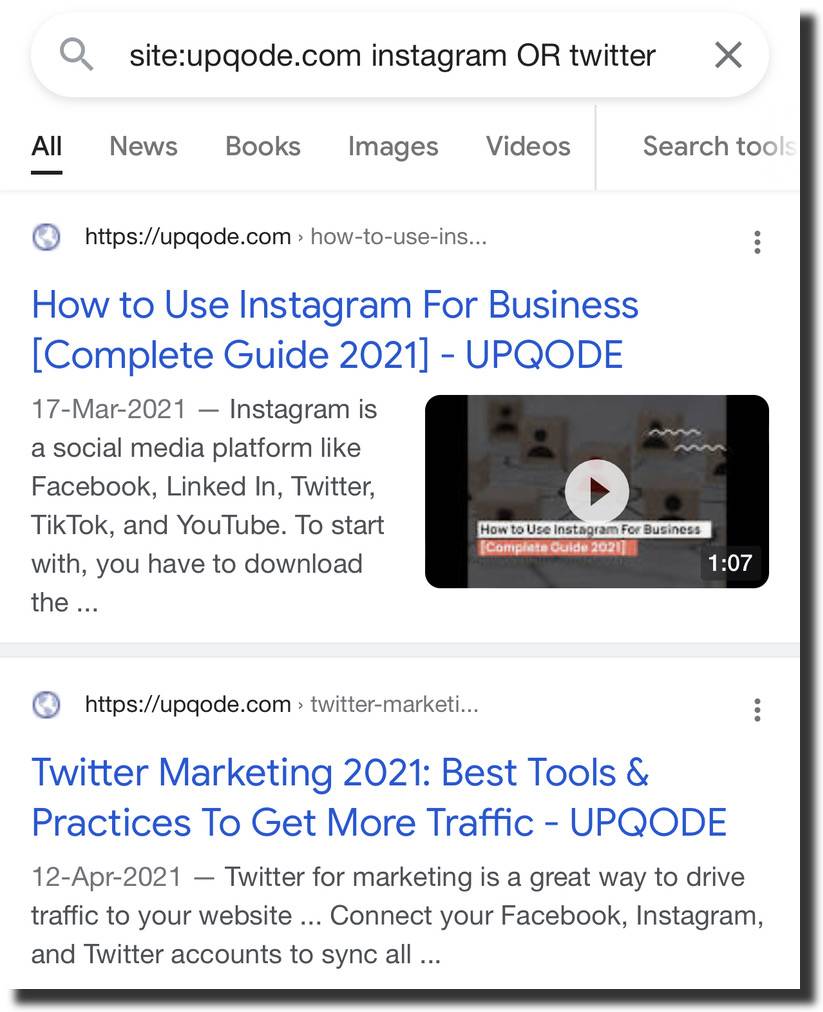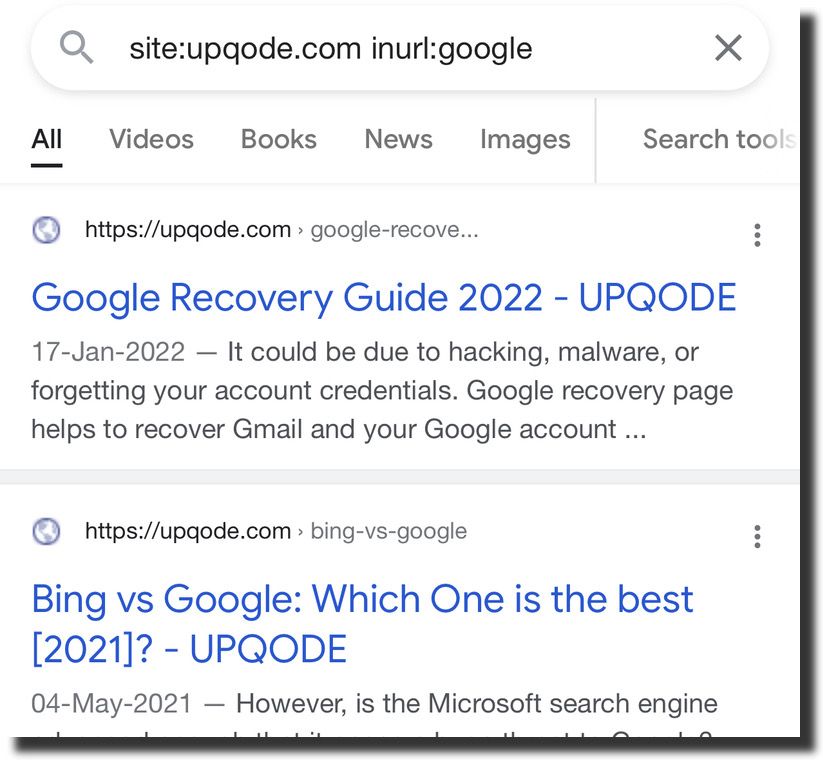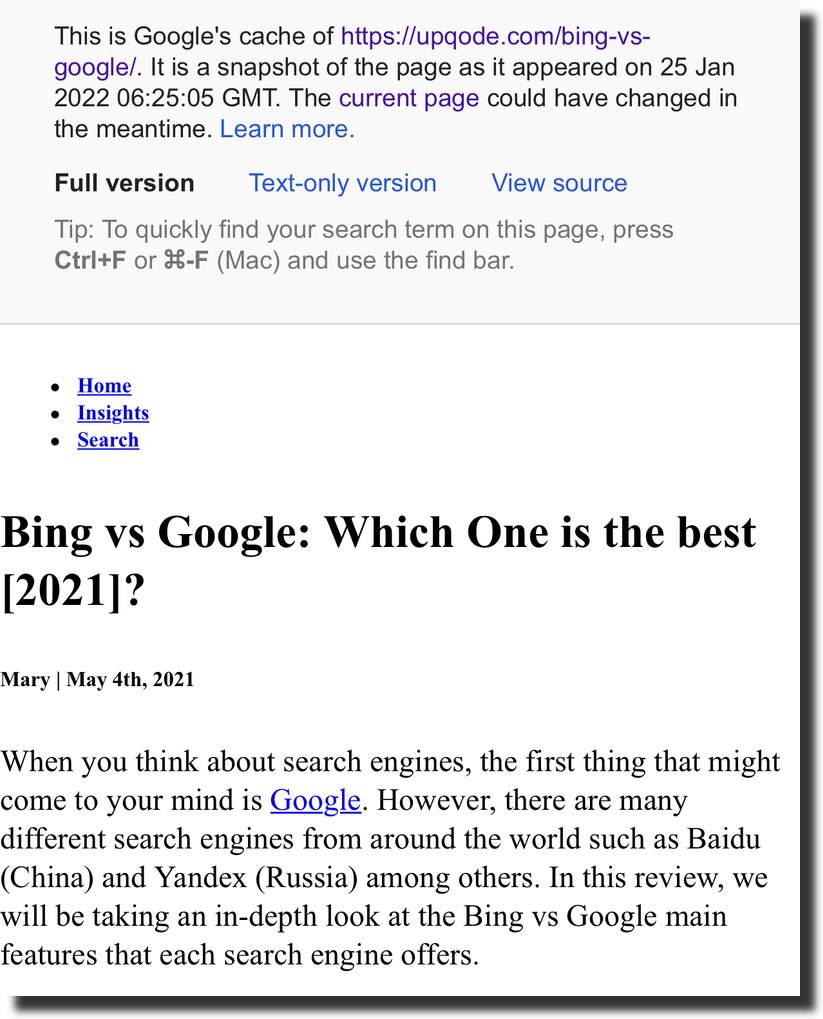
In today’s day and age, all of us depend on Google more than anything else. It has become so easy for us for googling anything we want, training our brains to not remember any information, and we can just search something, anything, on Google.
Googling has become a verb. No one says they will search something on the internet anymore. Everyone says they will just “google”, meaning they will look it up on the internet. From real-life to television and movies, people often talk about how they googled something or someone. Even if there are some things to never google, we will use google to find out what they are.
The ease with which we can find answers to anything on Google has made us more dependent on the search engine. We spend so much time googling various things. Even when we don’t know how to spell something we are looking for, the autocomplete feature on Google enables us to search for it.
There have been multiple studies that show how our growing dependence on Google is dumbing us down and making us forgetful. This is also known as the Google phenomenon. We depend on google so much we don’t even stop to ask ourselves “is google always right?” because we just assume it is.
What Is Google Phenomenon?

The Google phenomenon is a name for the effect Google has had on our brain. When our brain tends to forget something because we think we can just google it to find out, it is called the Google phenomenon. It was first determined in a study conducted by Jenny Liu, Betsy Sparrow, and Daniel Wegner in 2011.
The study consisted of four different tests. All of these tests demonstrated how people relied on Google for information. Even when people come across some trivia or facts, they are more likely to forget it because they can just google it. Everyone thinks they don’t need to remember any information, and it has slowed all of our brains down.
To learn new information, we often consider whether it is worth remembering. When we know there is a storage drive that is saving all information and details, our brain automatically thinks no information is worth remembering in detail. Why remember anything when we can just google something and get all relevant information instantly.
This phenomenon is not only limited to facts and trivia, but it also extends to our personal information. We are more likely to forget passwords when we know our Google account is auto-saving them for us. We forget our friends and family members’ birthdays when we know Facebook will send us a reminder anyway.
The Importance Of Google Search Operators
When you search something on Google, the results can be overwhelming. You get countless results, and choosing the best one is always a challenge. The overflowing number of results is another reason why people usually don’t look past the first page of search results.
Using some characters known as Google search operators can help narrow down the results and help us find exactly what we are looking for. By adding certain keywords and characters to your search, you can get more accurate results and use Google more effectively. Some of the most popular Google search operators include:
- Words like OR or AND
- Symbols such as $ and @
- Punctuations like quotation marks
- A combination of the ones mentioned above
People who work on search engine optimization (SEO) and keep up with SEO trends are usually familiar with these Google search operators and have an understanding of how to use them for more effective googling.
Let’s have a look at some of the most popular Google search operators, their uses, and examples.
| Google Search Operator | Description | Example |
| Asterisk * | Asterisk is known as the wild card of googling. It searches for any word you include. | terriers * labradors |
| Quotation marks “” | When you surround your search with quotation marks, you are more likely to get exact results. | ”B2B marketing jobs” |
| AND | Adding AND (in all caps) between any two words ensures the search results contain both words. | B2C AND B2B marketing jobs |
| OR | Placing OR (in all caps) between two words gets you results that contain either one of the two words. | B2C OR B2B marketing jobs |
| Hyphen – | Add a hyphen before any term you want to exclude from the search results. | dog breeds -terriers |
| Parenthesis () | When you put your search keywords between parenthesis, you can group the commands. | (B2C OR B2B) marketing jobs |
| Two periods .. | If you are searching for a number between a range of different numbers, you can add two periods between the range. | election results 1986..2016 |
| @ | You can use the @ symbol to search for results from social media platforms. | |
| Currency $,€,£ | You can add the currency sign to your query to search for prices. Add the currency sign for the currency you are looking for. | Guitar $900 |
| Hashtag # | When you are searching for hashtags, you should add the hashtag symbol to your search. | #mondaymotivation |
Tips For Using Google Search Operators
1. Remove Spaces
If you want the best results possible, you should remove spaces between command and search terms. A clean search is more likely to be efficient.
2. Exclude Terms That Are Not Valuable
You can use a hyphen to exclude any terms and related results that you do not want. It can help you get the results you need and eliminate any unnecessary results.
3. Combine Search Operators
It is not compulsory that you can only use one search operator when googling. You can combine various search operators to narrow your results even more and carry out more effective searches.
4. Find Unsecure Pages On Your Website
If you are wondering whether any page on your website is not secure and safe, you can search for it on Google and find out. You can also visit the page and check if the URL starts with HTTPS it is safe and if it starts with HTTP it is not secure. It is also recommended to keep your data and personal information protected.
5. Find Out If Someone Is Plagiarising You
To maintain your website and content quality, it is crucial that you know whether your content is being plagiarised or not. You can search for an exact line from your website content and use the hyphen search operator to exclude your website from the results. This way, you can find out if someone has taken your content.
The Most Crucial Google Search Operators For SEO And Content Creation
Unfortunately, even now we have no universities offering major courses for SEO or content creation. Everything we learn, we learn it through googling all our queries. If we ever want to learn about something or search something, we turn to Google. If there is a word we don’t know, we Google the meaning. Everything is within our reach because we have Google.
However, even after years and years of googling things, most of us still don’t know how to use Google effectively and get the best results. There are various Google search operators that people working with SEO or content creation should be aware of. Let’s have a look.
1. Dive into any domain with “site:”

There are often times when you are trying to research a specific website or just want results from one website. Maybe you want to find writers from the blog section of a website or you want to go through the guest posting section. You can use the Google search operator “site:” and add the domain right after the colon. It will show you all the results from the one website and make your search process easier.
You can also narrow down your search even further. If you are looking for results from a specific folder or section of the website, you can include it in your command. For example, if you are looking for results from the blog section of a website you can write “site:xyzwebsite.com/blog” and get results from the blog of the website.
2. When Looking For A Specific Title Topic, Use “intitle:”

When researching for content and blog strategies, you often have to search for specific topics and titles. Using the correct Google search operators can make it easier for you to research and show you the results that you need. Just like the “site:” search operator, you can use the “intitle:” search operator to refine your search results and make them more efficient. For example, “intitle: email marketing tips”.
When you use “intitle:” and add the terms you want in the title right after the colon, you get results that have those exact words in the title; not in the meta description or text. If you are not sure which order you want the words to be in, you can add multiple “intitle:” commands. For example, “intitle: email intitle: marketing intitle: tips”.
3. Find Either Of The Two Things With “OR”

There are countless times when you are searching for two different things and it takes you to double the time and effort to go through different search results and find exactly what you are looking for. In times like these, you can use the Google search command “OR” between two search terms and keywords to get the results that will be beneficial for you in a short time.
If you are looking for results related to Instagram or Twitter, you can search Google using “Instagram OR Twitter” and the search engine will show you results that are related to either Instagram or Twitter. Even if a result does not contain both, Google understands that even one of the terms can be useful and shows the result to you. It is crucial that you type “OR” in all caps for Google to take it as a search operator and not as part of the search query.
4. Track Link Building With “inurl:”

When researching for SEO and content creation, you have to look at URLs and what other websites are adding to these URLs. It can also help narrow down your search, and you can see results that contain the keywords in the URL. The “inurl:” Google search operator also helps with tracking footprints. Footprints are the common words or phrases that appear on website pages.
If you are looking for a phrase or a word in the URL, you can use the “inurl:” search operator to find it. For example, you can use “inurl: website design” or if you are not sure of the order of the words, you can put in multiple search operators like “inurl: website inurl: design”. This search operator can also help if you are looking for results from a specific country. For example, if you want to see results from Canada, you can use “inurl:.ca”.
5. Use The “*” When You Can’t Remember Specific Details

It can be rather annoying when you are looking for something specific but can’t remember the exact phrase or a few words from the content. This is where the asterisk or “*” Google search command comes into the picture. It is an excellent tool that can fill in the gaps itself and give you results that contain the information you are looking for.
For example, if you are looking for the best website designs for a specific niche but don’t know which niche, you can use “website designs for *” and go through all the results Google shows you. The asterisk search command is considered the wildcard, and it helps you find results when you are having trouble with the search query and keywords.
6. Use “filetype:” When Looking For Specific File Types
When looking for content ideas and doing your research, it can help to find various files in different formats. Whether you are looking for videos or even books, you can use the “filetype:” Google search operator to get the results you want. Although it is not something you will use every day, this search command is still helpful and can help you narrow down your search and save time.
If you are looking for tutorials and slides from a specific website, you can add the “filetype:ppt” search operator to your search query. In a similar way, if you want a book from a website or your favourite content creator, you can use the search operator “filetype:pdf” to get results for the ebook. It is not necessary for you to use this search operator on its own, and you can use it with any other search operator we have already mentioned above.
7. Use “cache:” For Your Research Backup

As an SEO expert and researcher, backup is always crucial. You are always looking at websites to see what your competition is doing or searching for links that can help your SEO strategy. When doing this, if a website you check regularly goes down, it can slow down your work. This is where the search operator “cache:” comes in.
This search operator is different from all the others because it is not for Google. In fact, you can type it in the address bar or browser search bar. However, Google or Chrome must be your major browser for this search operator to work. You need to add “cache:” before the URL of the website and Google will show you a cached version of the site and details regarding when you last visited the page.
Should Google Drive Your SEO Strategy?

We live in a time where SEO has become essential for all businesses in every industry. With the help of substantial SEO strategies, your business increases its reach and visibility, improving sales and helping the business grow. So why are the SEO strategies being driven by Google? Shouldn’t it be the other way around?
People develop their SEO strategies, work on them day and night for months, invest big money, and then Google updates its search algorithms and throws a wrench in everyone’s plans. It is looking less and less sensible to develop SEO strategies around a search engine that are not going to take your business into consideration when changing and updating its search engine.
The Future Of SEO And Search Engines
Yes, taking Google’s tactics into consideration is beneficial for your strategies when you are starting out. It can help you to focus on what you can do to get to the top search results in Google. However, Google has been very vocal about creating a personalized experience for the users. It can be challenging to reach everyone when the results they get are personalized based on their location and preferences.
Trying to keep up with Google’s tactics to develop your SEO strategy in such an atmosphere is difficult and unreasonable. It is becoming a bigger challenge every day to rank higher on the Google results page, especially when the page is different for every user.
One more reason why it is not fruitful to let Google drive your SEO strategy is that we don’t know how long Google’s reign as the top search engine is going to last. Yes, there is no denying that it is so popular currently that “googling” has become a verb itself, but there was also a time when Yahoo and AOL were just as popular.
With each passing day, there are new search engines that are updating their tactics to give Google competition. For example, people who are searching for products are more likely to open Amazon (46.7%) before they open Google (36.4%). Your SEO strategy should be based on all search engines and not just Google.
Final Takeaway
Google has changed the way we browse the internet forever. The Google phenomenon has made it easier for us to forget information we can find on a Google search. Our searches have been made more efficient with the help of Google search operators. However, there is no guarantee that Google’s reign will last forever. It is always better to focus on all search engines when creating your SEO strategy instead of only focusing on Google.



